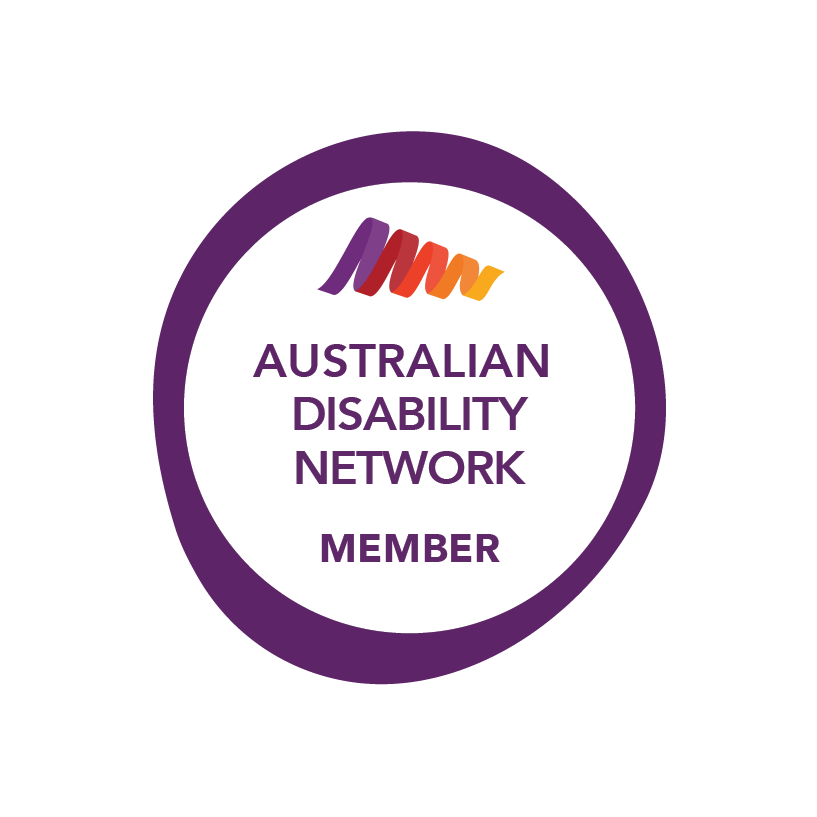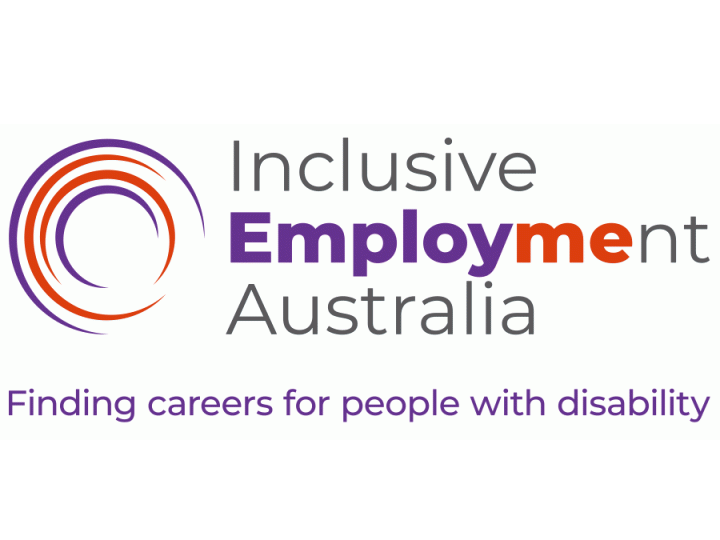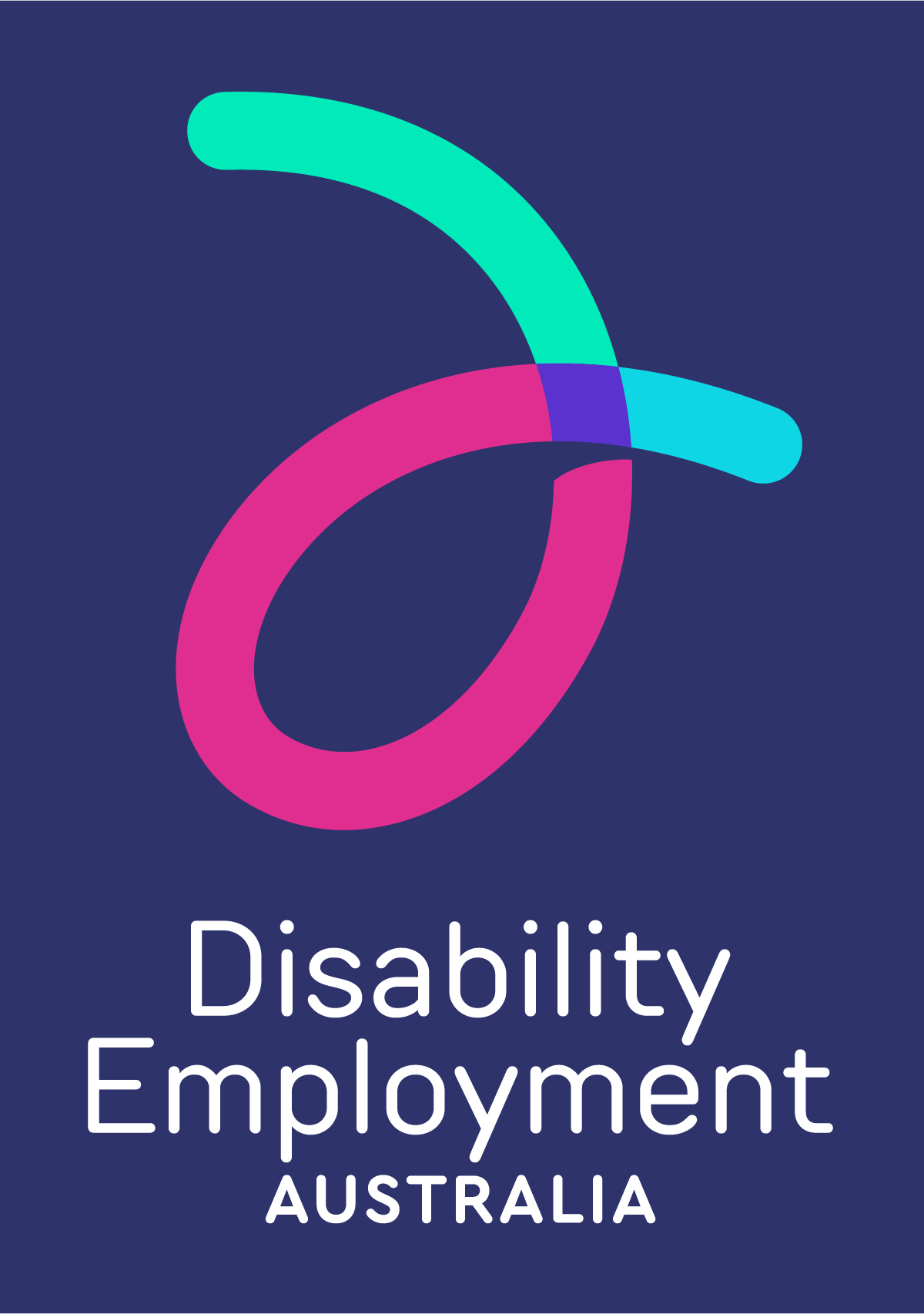Every employee works differently, and that includes neurodiverse team members. With the right support, they can thrive and bring valuable strengths to your workplace, often in areas like focus, memory, and creative thinking.
You don’t need a full overhaul to be more inclusive. A few practical changes in how you communicate and manage your team can make a big difference.
This guide shares 10 simple ways to support neurodiverse employees and build a workplace where everyone can do their best work.
Why Supporting Neurodiverse Employees Matters
Neurodiverse employees can bring strong focus, problem-solving skills, attention to detail, and fresh perspectives. But without the right support, they may struggle to show their full potential.
Support doesn’t need to be complicated. Clear communication, flexible work options, and consistent feedback can go a long way.
When managers understand how to support neurodiverse employees, teams benefit. Productivity improves, retention increases, and the workplace becomes more inclusive for everyone.
10 Ways to Support Neurodiverse Employees
1. Start with open, supportive communication
Let employees know they can speak up about what helps them work best. A safe, honest conversation builds trust and sets the tone for ongoing support.
2. Ask about preferred working styles
Some people work better with routine. Others may need quiet spaces or flexibility. Check in early and ask what helps them stay focused and comfortable.
3. Offer clear instructions and expectations
Avoid vague tasks or shifting deadlines. Use plain language, set clear goals, and confirm understanding to reduce stress and confusion.
4. Be flexible with how work gets done
There’s often more than one way to complete a task. Allowing different approaches helps neurodiverse employees use their strengths and stay productive.
5. Minimise distractions in the work environment
Loud noises, bright lights, or constant interruptions can affect focus. A quieter, more predictable space can make it easier to stay on task.
6. Use written communication where helpful
Following up meetings with clear notes or written steps can support memory and reduce misunderstandings. Some employees may prefer written over verbal instructions.
7. Avoid assumptions about strengths or challenges
Every neurodiverse person is different. Don’t guess, ask what works, and avoid generalisations based on a diagnosis.
8. Encourage regular check-ins
Frequent, informal check-ins give employees a chance to raise concerns, review progress, and adjust support if needed.
9. Provide structure and consistency
Predictable routines, meeting times, and workflows help reduce anxiety and support clear thinking. Try to limit sudden changes when possible.
10. Offer reasonable adjustments if needed
Small changes, like different lighting, flexible hours, or noise-cancelling headphones, can make a big difference in comfort and performance.
Creating a Supportive Team Culture
Support doesn’t stop with managers. A strong team culture makes inclusion part of everyday work.
Encourage open conversations about working styles and communication preferences. Normalise adjustments so they don’t feel like special treatment, just part of a fair, flexible workplace.
If team members understand what neurodiversity means, they’re more likely to be patient, respectful, and supportive. This helps everyone feel valued and included, not just neurodiverse employees.
How TURSA Can Help
At TURSA, we support employers to build inclusive workplaces where everyone can succeed. That includes helping you understand how to support neurodiverse employees with simple, effective strategies.
We work closely with businesses and job seekers to make sure the right support is in place, from recruitment through to ongoing employment. Whether you need advice, adjustments, or staff training, we’re here to help.
Get in touch with TURSA to learn how we can support your team and connect you with job-ready candidates.
FAQs
Adjustments might include flexible hours, written instructions, quiet workspaces, extra time for tasks, or noise-reducing tools. The best approach is to ask what works best for the employee.
No, but creating a more flexible and supportive environment can benefit everyone. Many adjustments for neurodiverse staff also improve clarity and productivity for the wider team.
Yes. A respectful, private conversation can help you understand what the employee needs. Keep it open-ended and focus on how you can help them succeed at work.
Inclusive workplaces often see higher staff retention, better problem-solving, and stronger team culture. Supporting neurodiverse staff helps you access a wider range of skills and perspectives.















